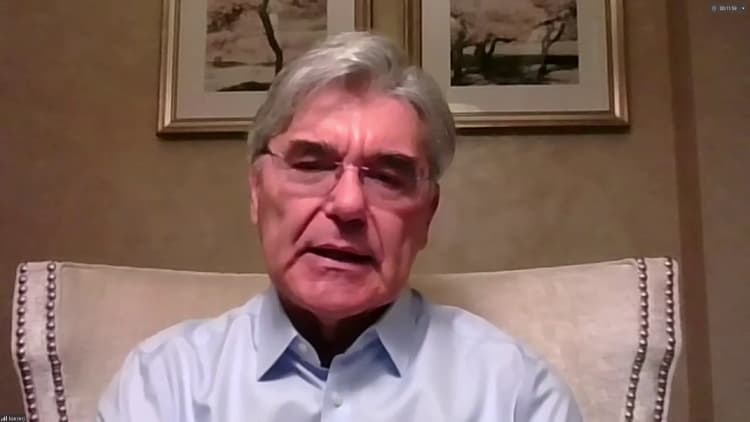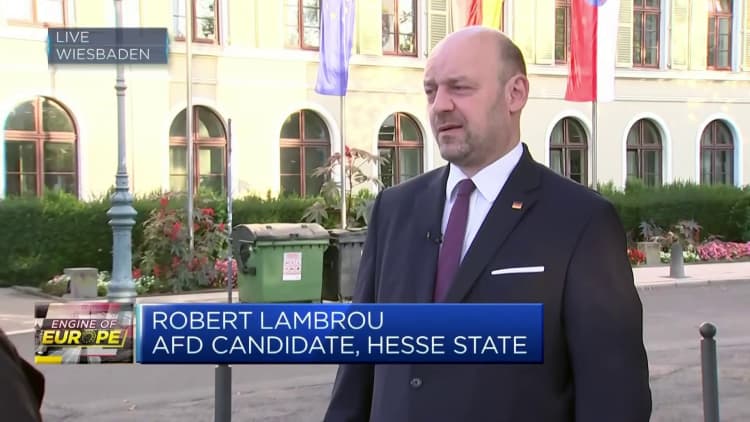Joe Kaeser delivers a speech during the Siemens Annual Shareholders’ Meeting on February 3, 2021 in Munich, Germany.
Pool | Getty Images News | Getty Images
The results of two state elections in Germany sent “a clear message” to Berlin that the government needs “to get their act together,” Joe Kaeser, chairman of the Supervisory Board at Siemens Energy, told CNBC.
“While I believe there is a lot of good intent obviously to make the economy work … The execution I think is something which has potential for improvement,” Kaeser, the former CEO of Siemens, said in an interview with CNBC’s Annette Weisbach Tuesday.

The comments come after Conservative parties came first in state elections Sunday. Angela Merkel’s former party, the Christian Democratic Union (CDU), won in Hesse, and its sister party, the Christian Social Union in Bavaria, took the most votes in Germany’s largest state Bavaria, which includes Munich.
The far-right Alternative for Germany (AfD) party gained votes in the two key regions. The AfD beat all of the parties that currently make up the main coalition government, the Social Democrats (SDP), the Greens, and the pro-business Free Democrats (FDP) in both states.
The AfD’s candidate in Hesse, Robert Lambrou, had anticipated that voters would swing toward his party, saying that people were “heavily disappointed by the policy of the government.”

‘Structural reforms are a must’
IMF chief Kristalina Georgieva has also suggested that Germany needs, and is, making changes to adapt to the current climate, saying that structural reforms “are a must” in an interview with CNBC on Oct. 5.

“If you look at the policy decisions Germany is taking, they are around stimulating structural change. And of course, like any other country, structural reforms are a must in this more uncertain world with low gross growth prospects,” Georgieva said.
The German government has faced criticism from multiple sides since Chancellor Olaf Scholz became leader in December 2021, as the coalition leadership tried to navigate its response to Russia’s invasion of Ukraine, high energy prices and a continuing influx of migrants and refugees.
Credit: Source link















